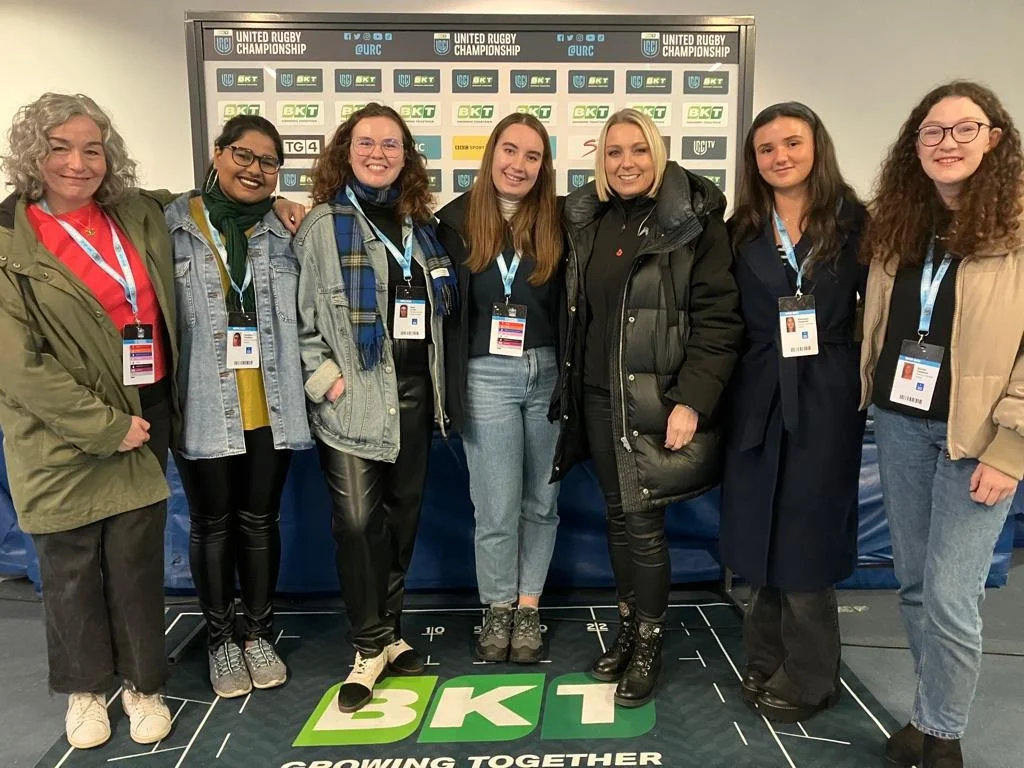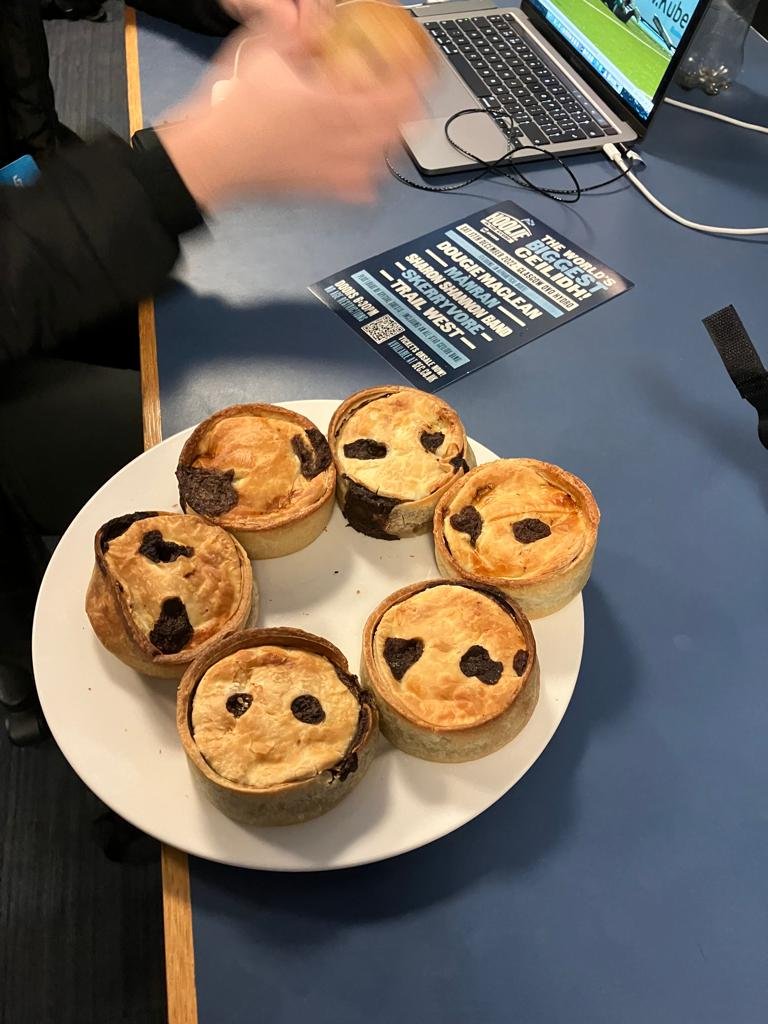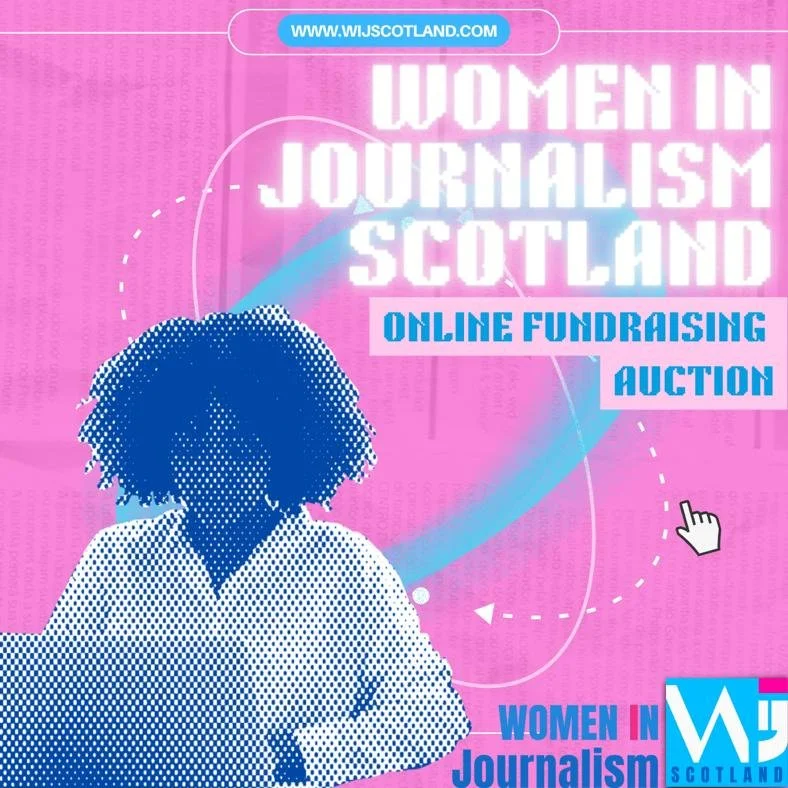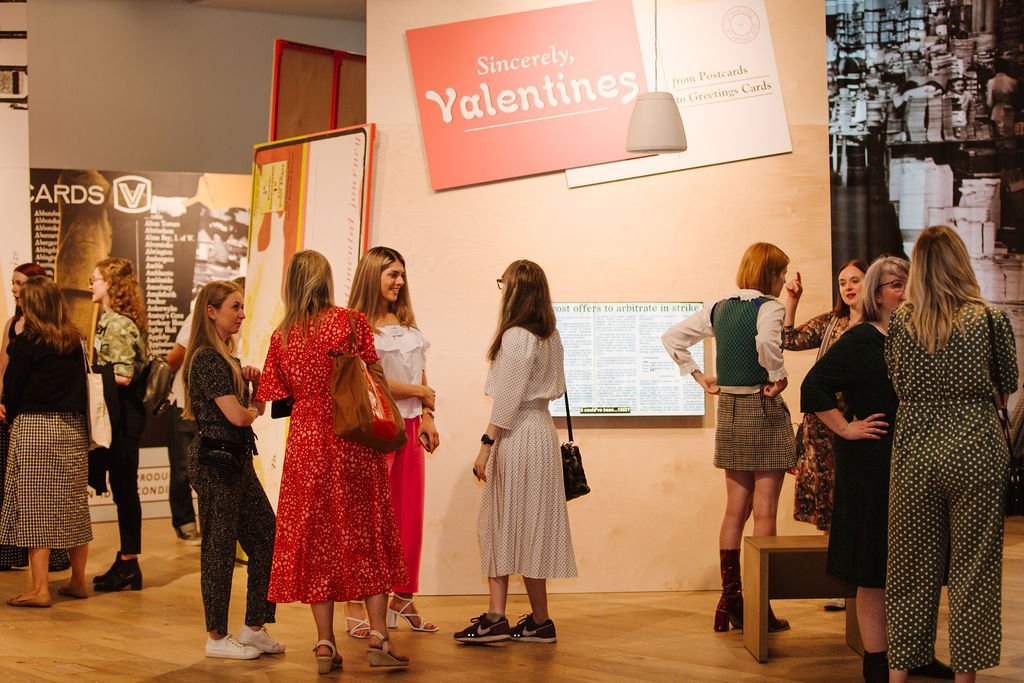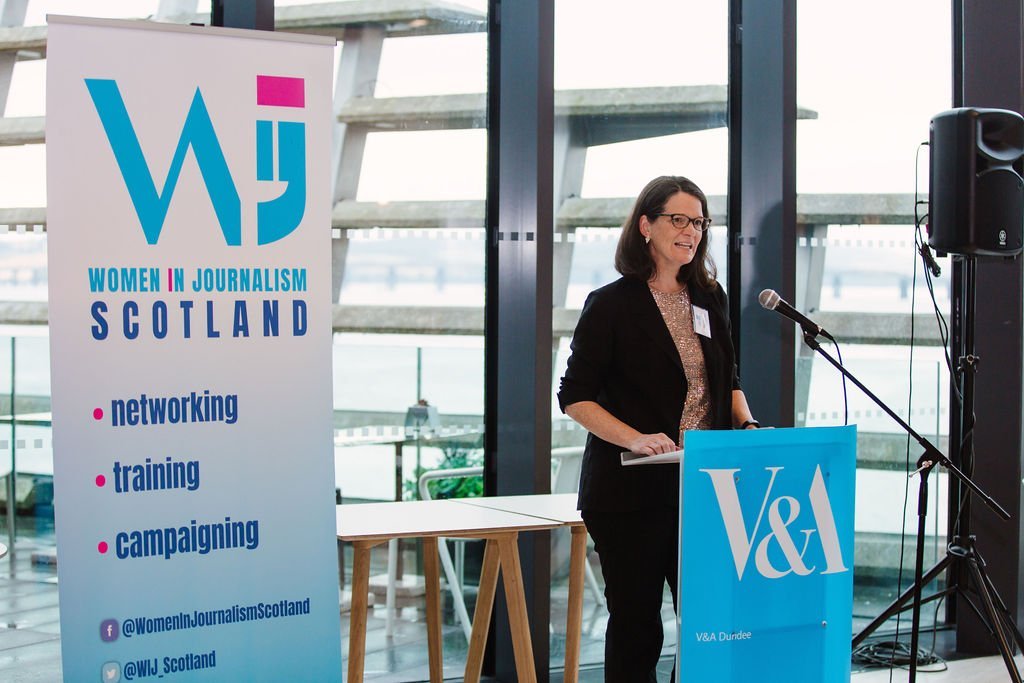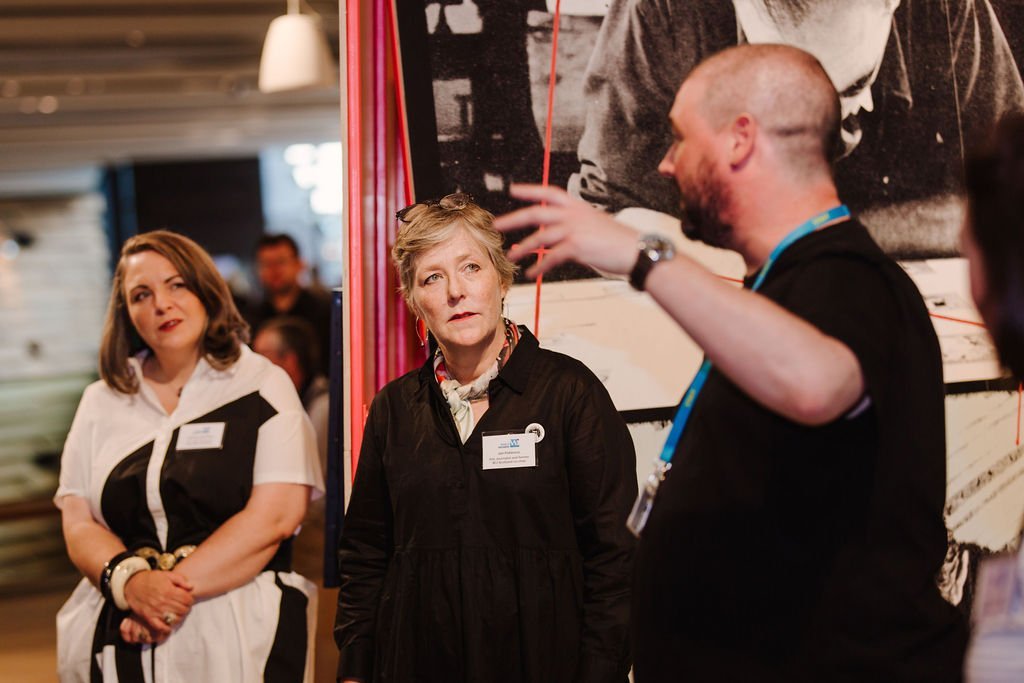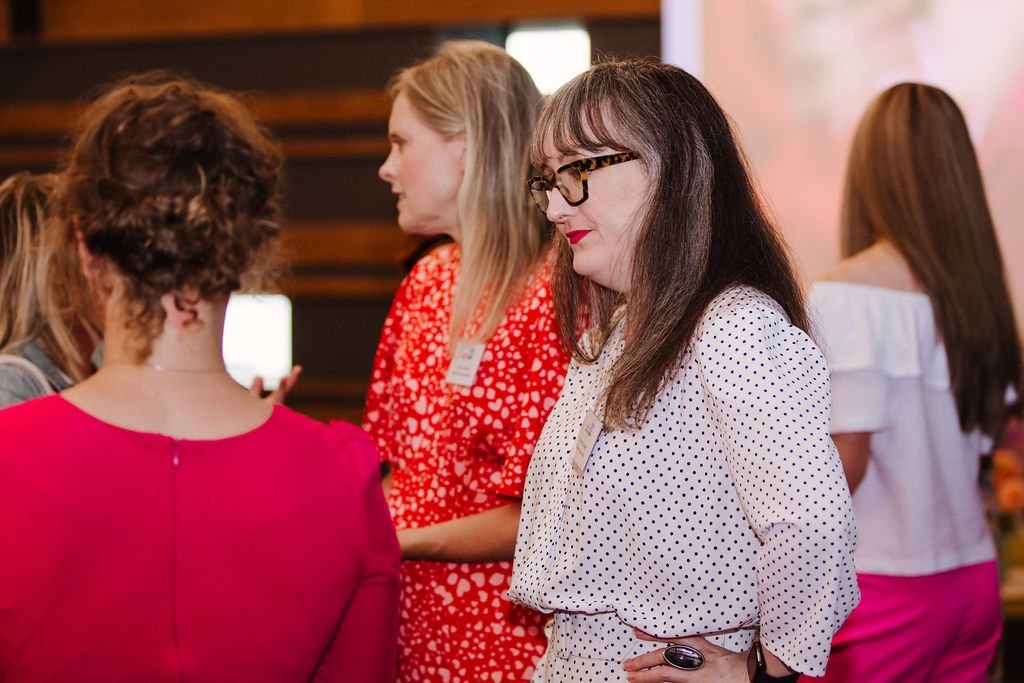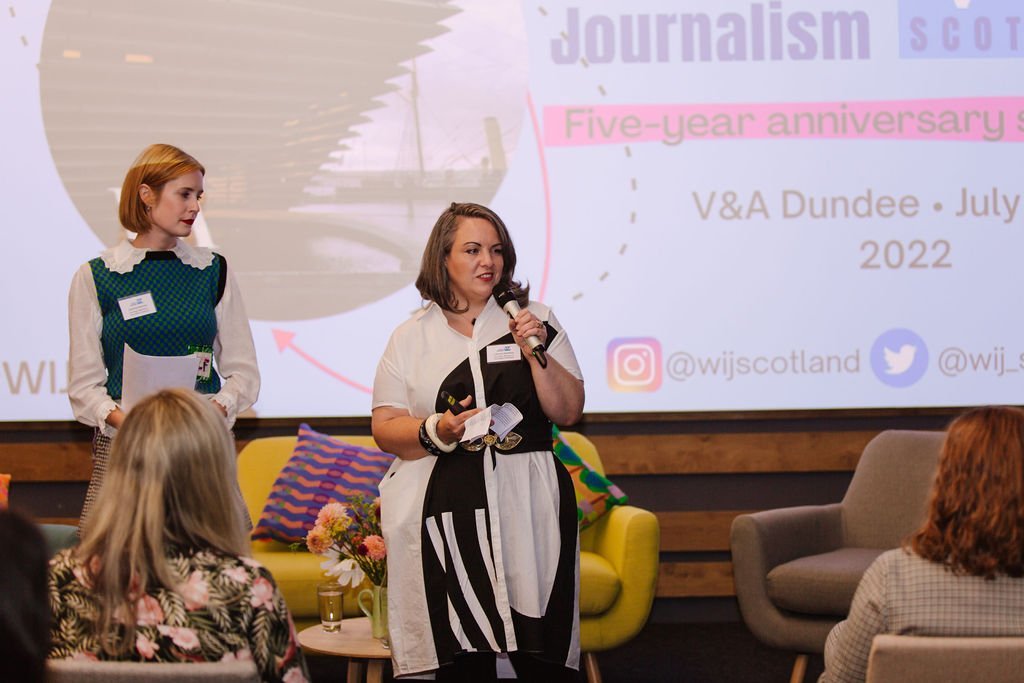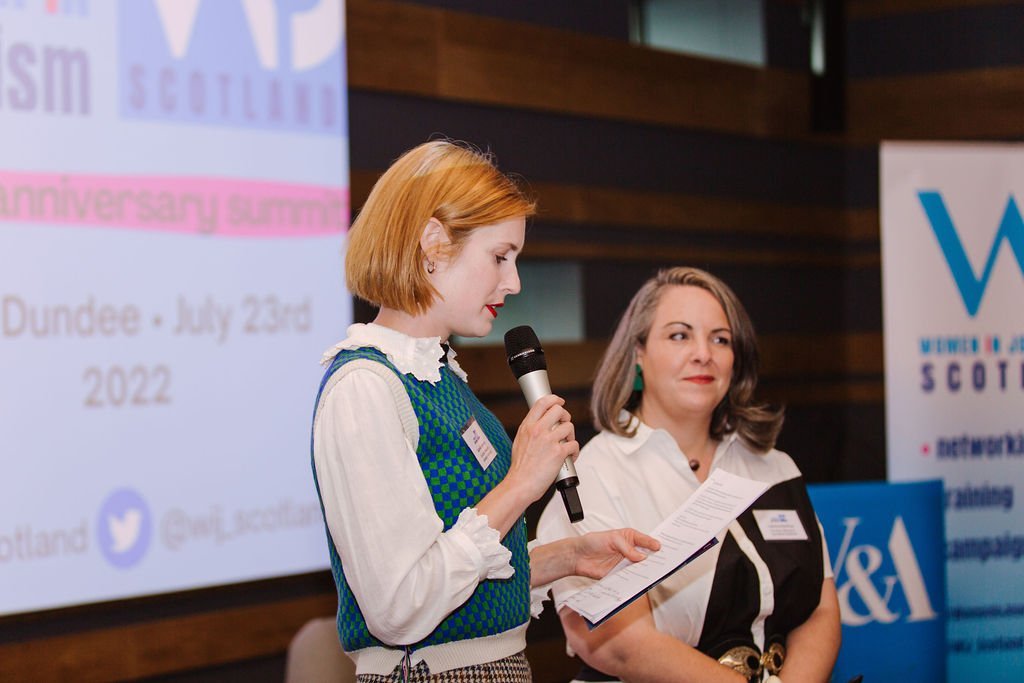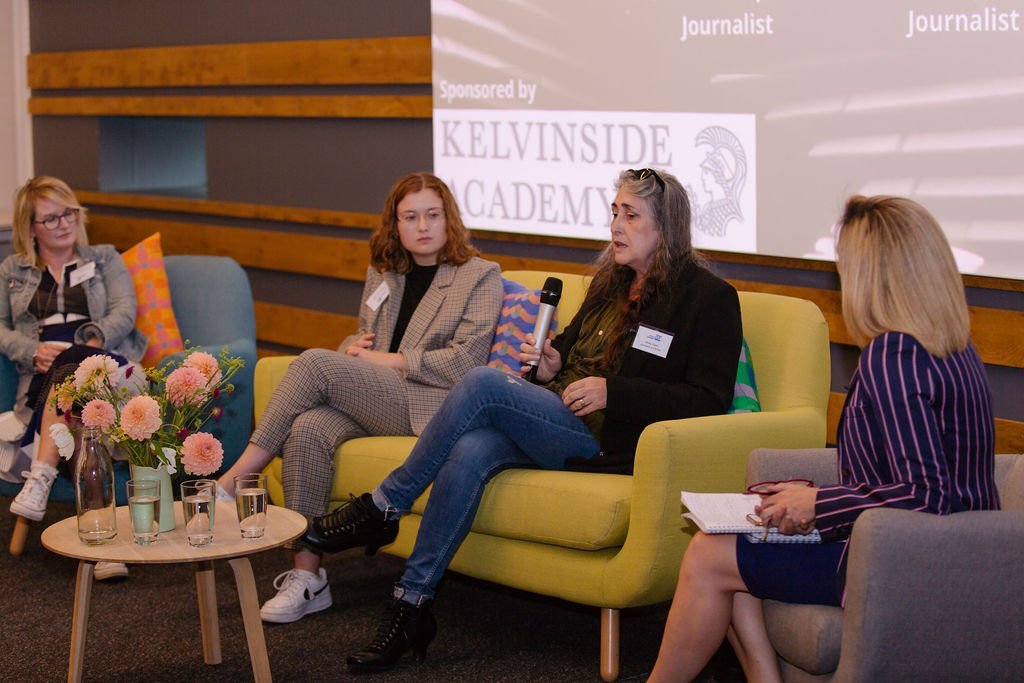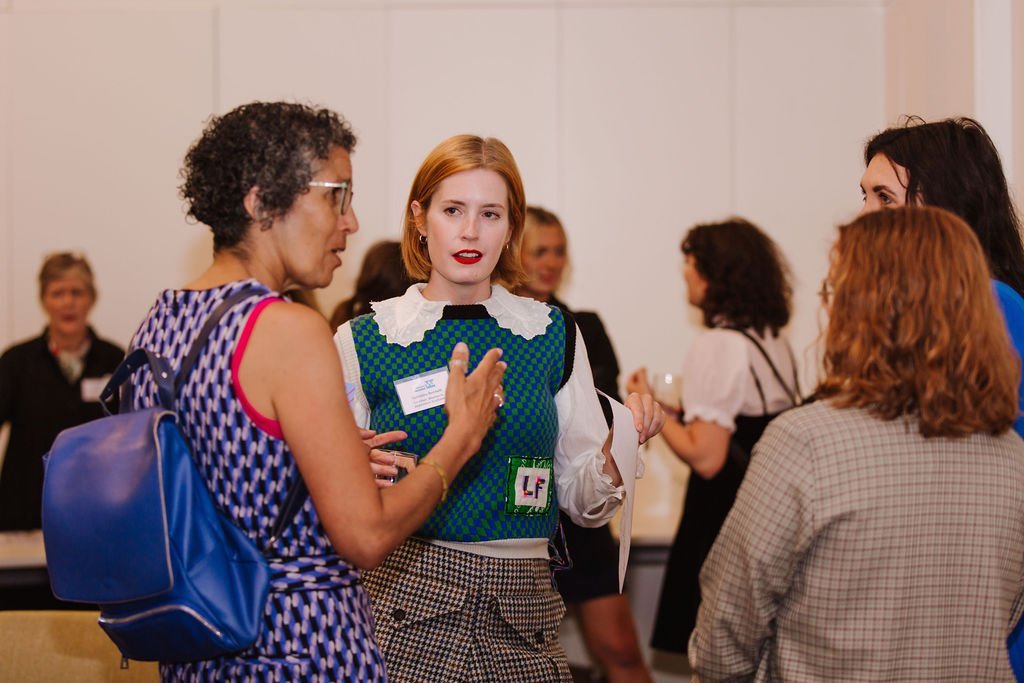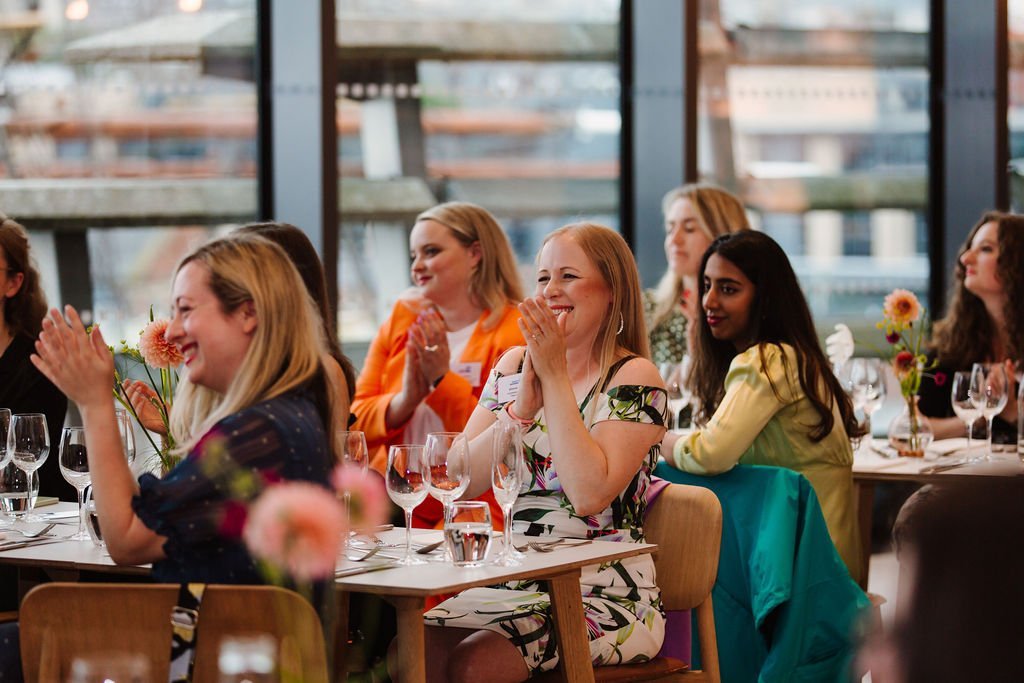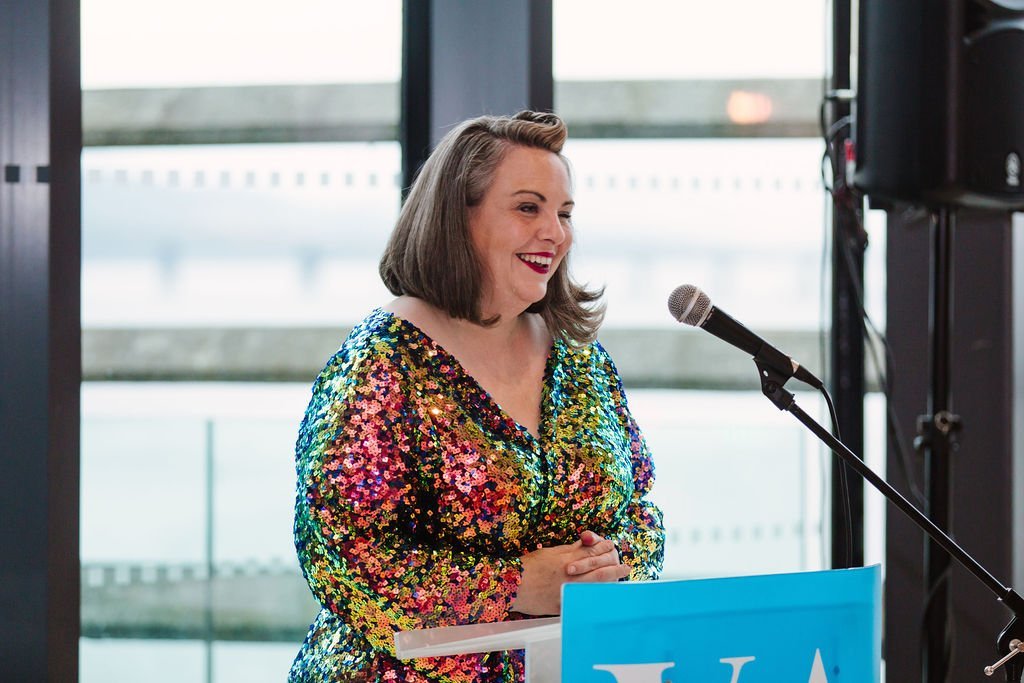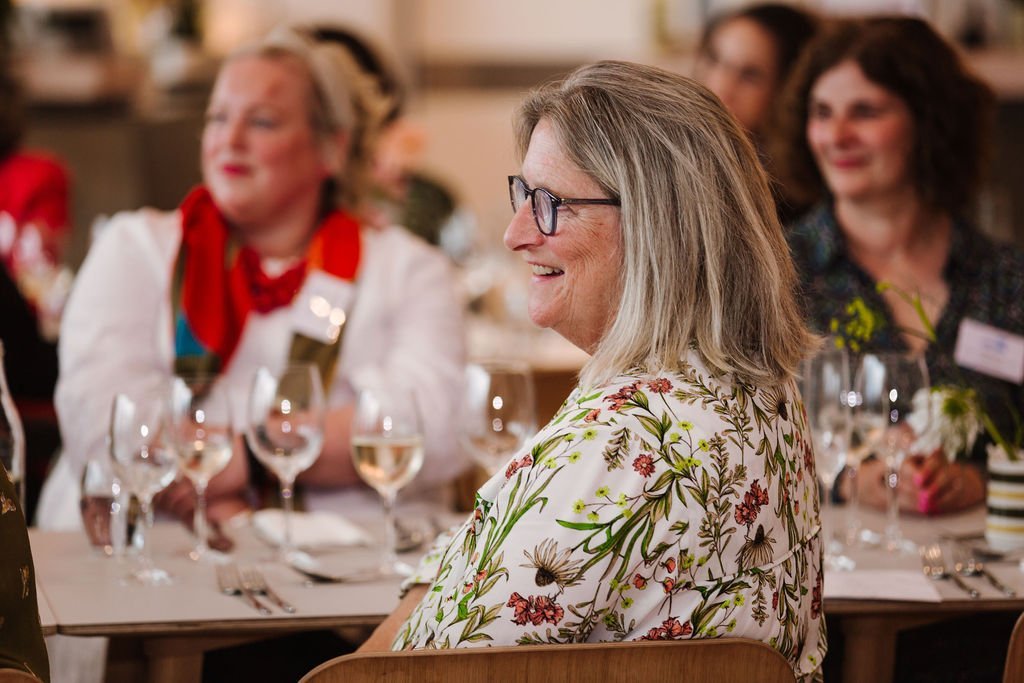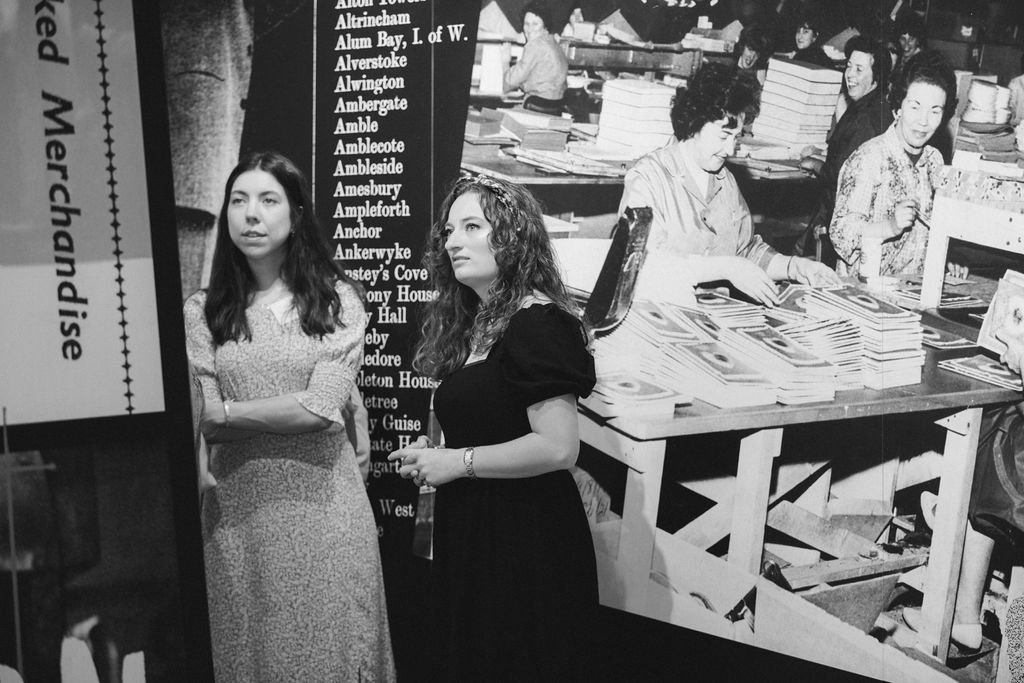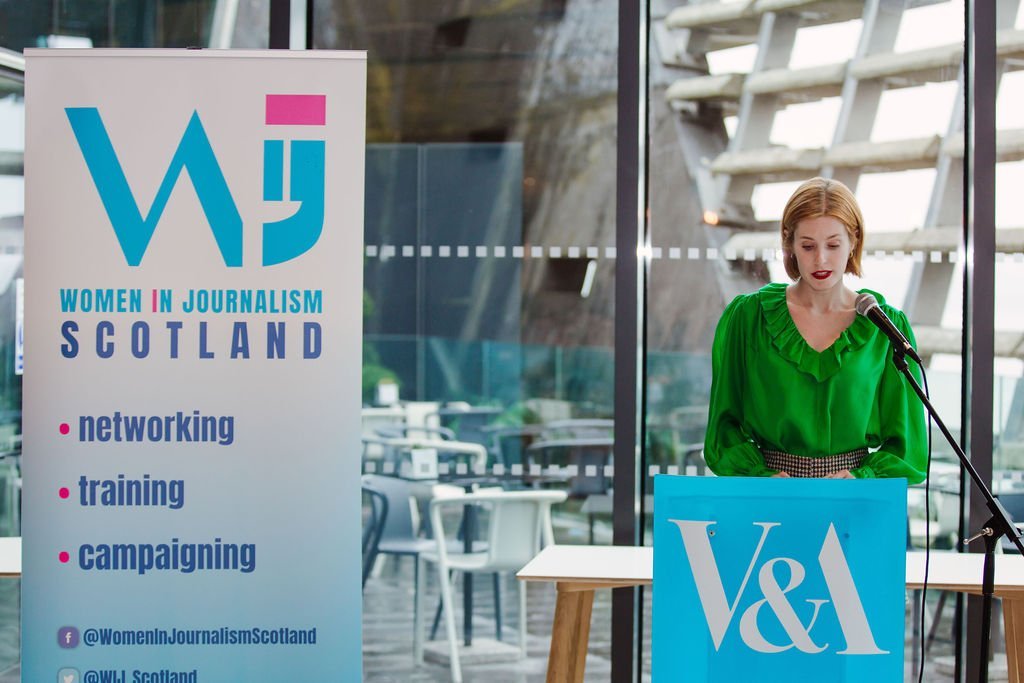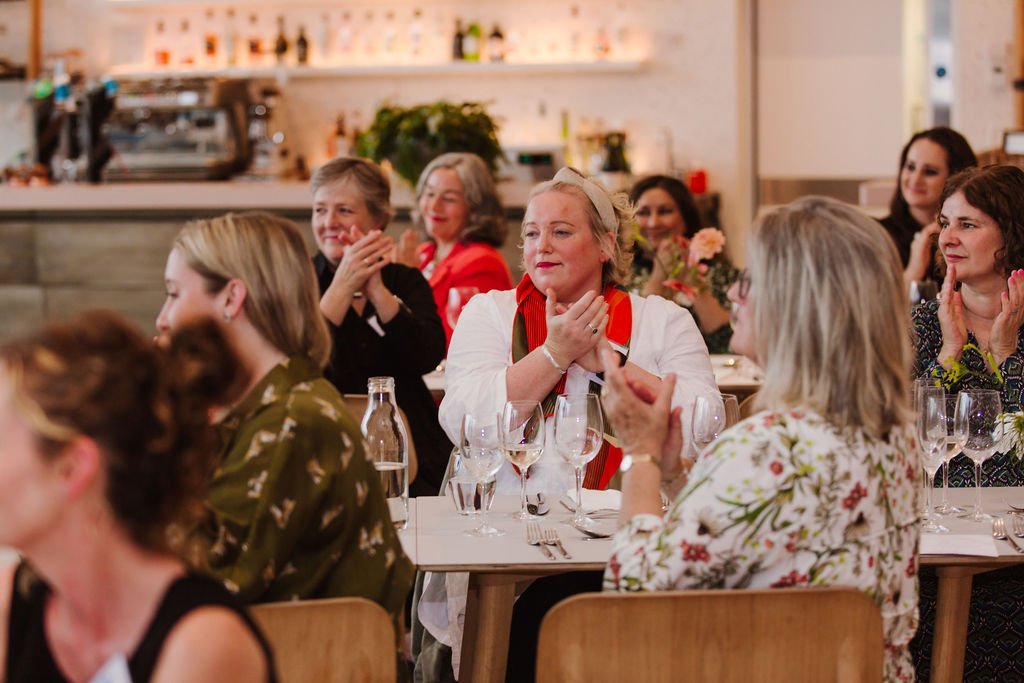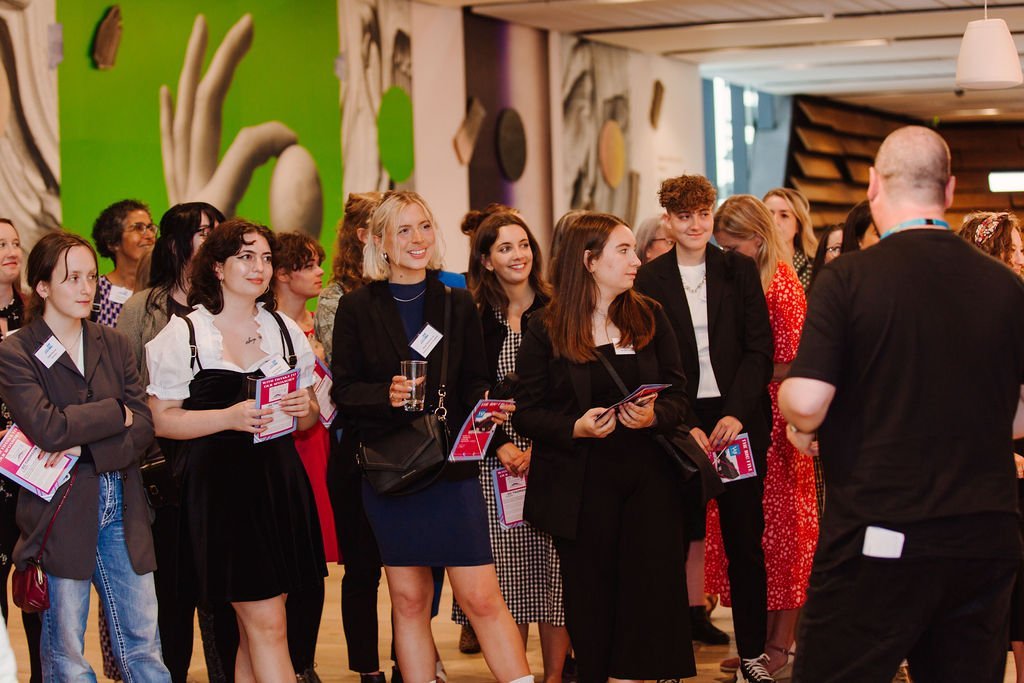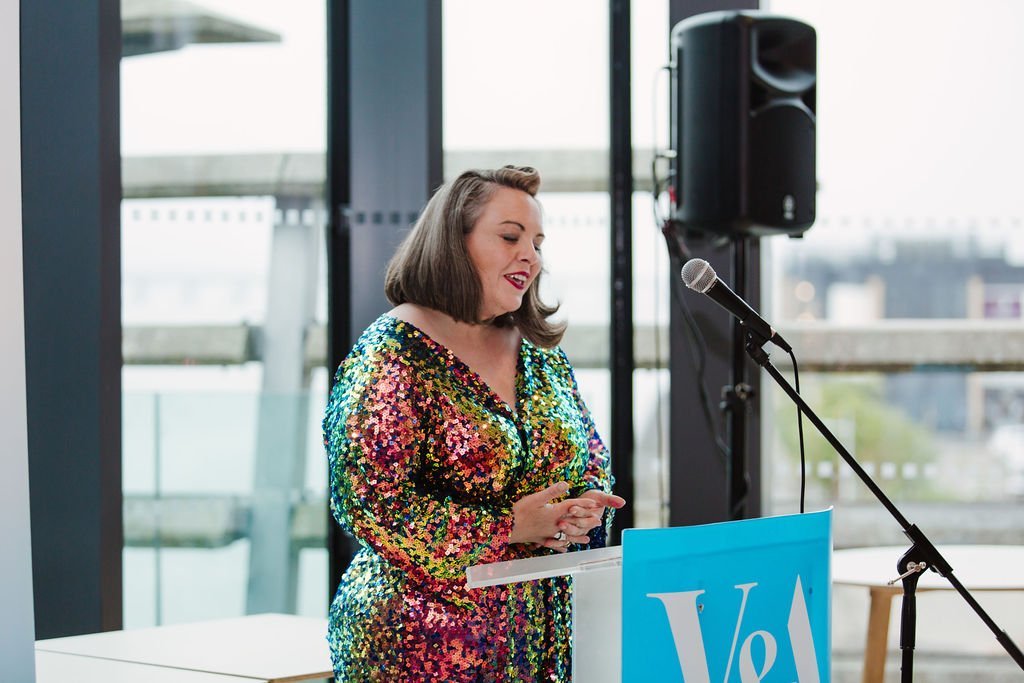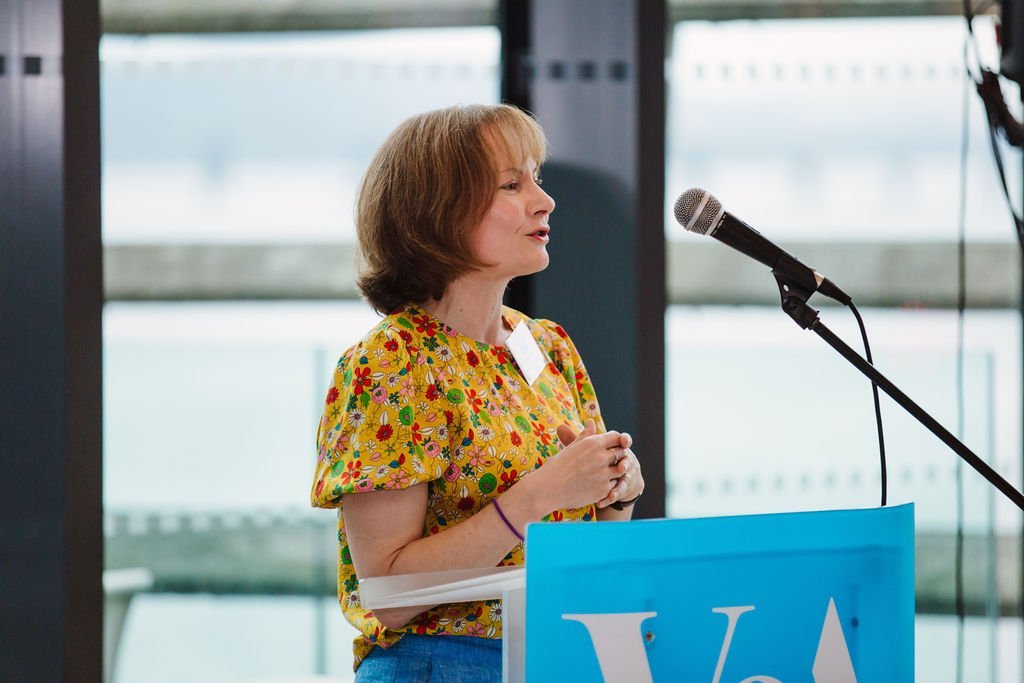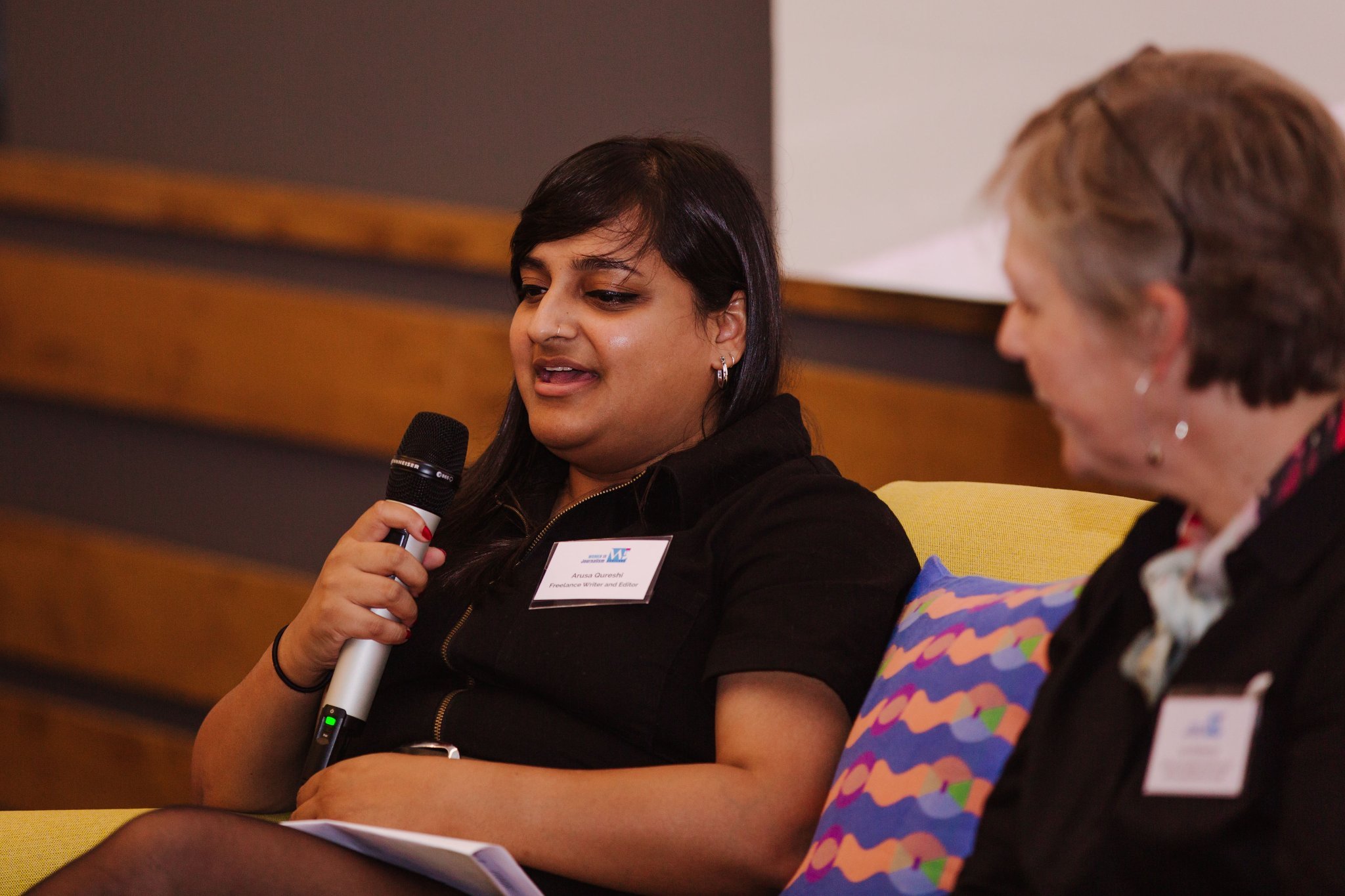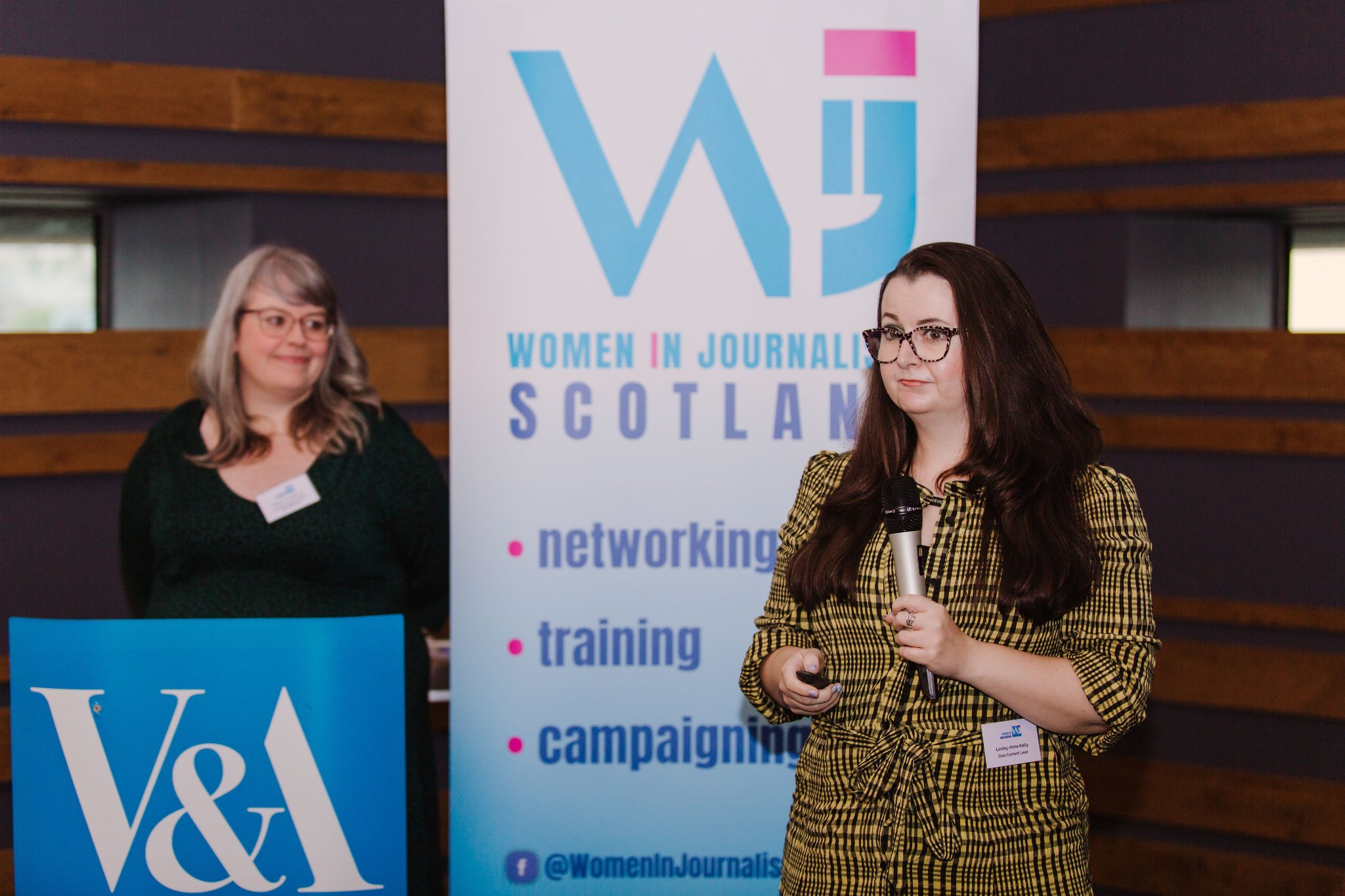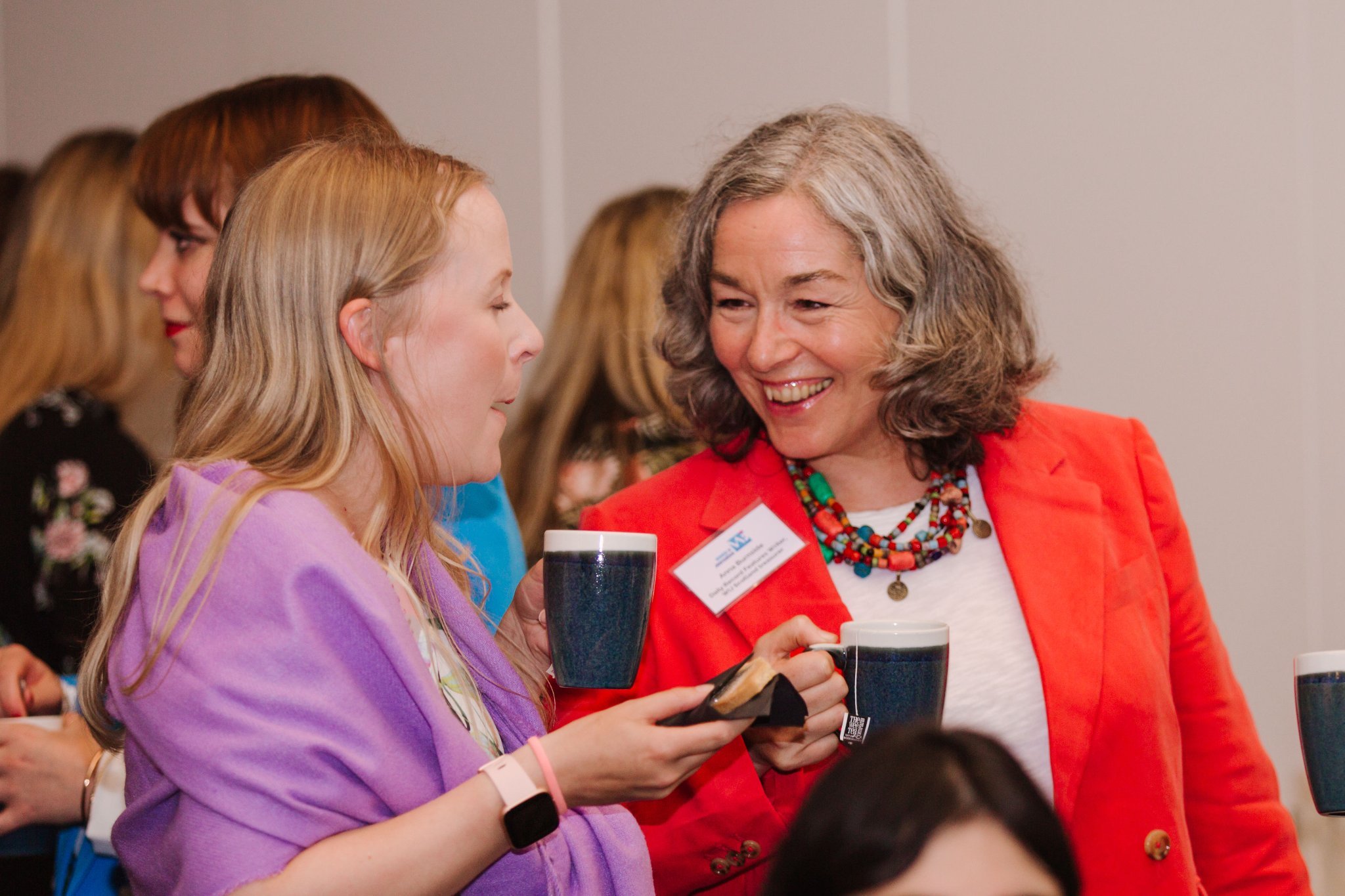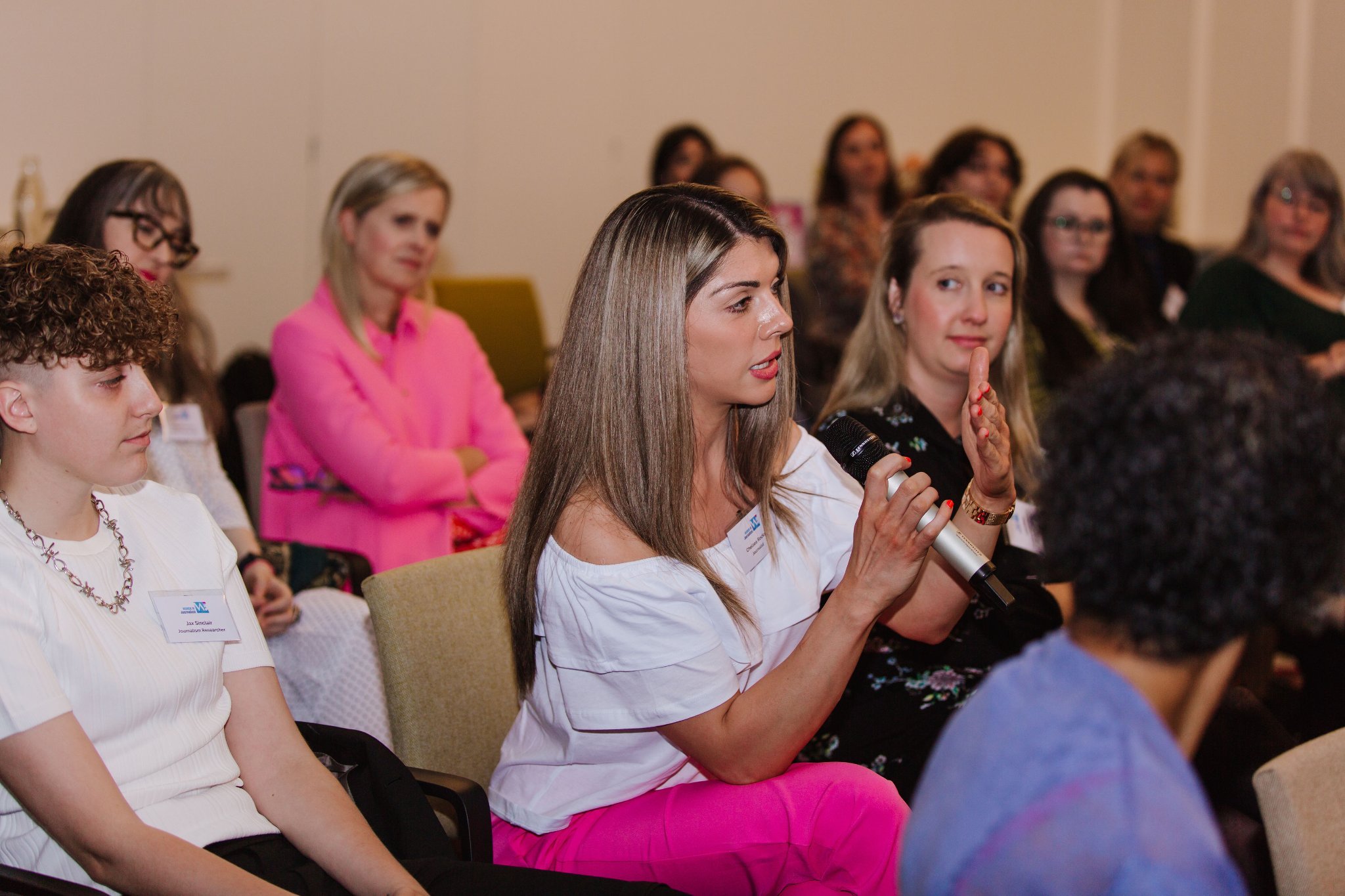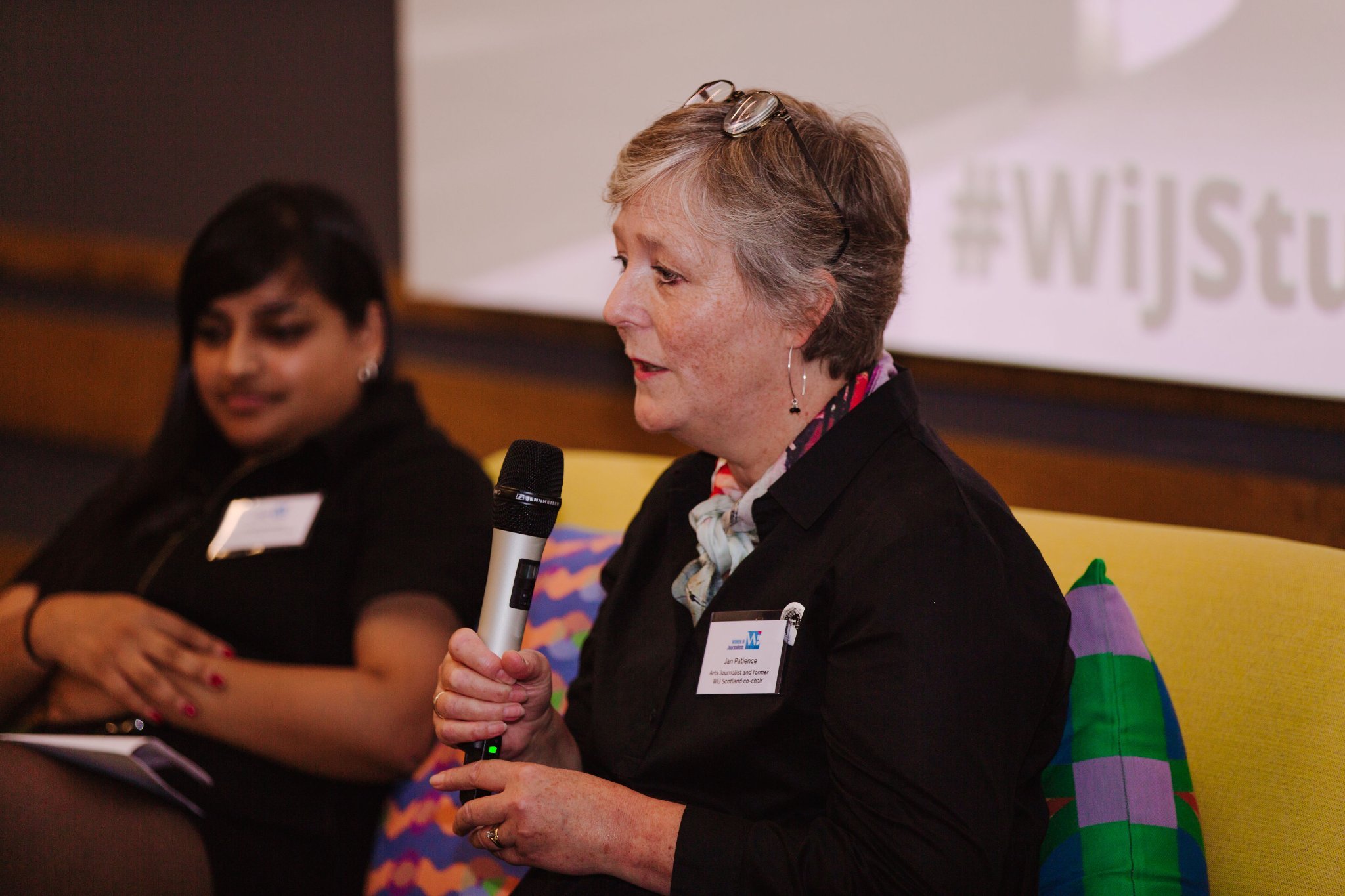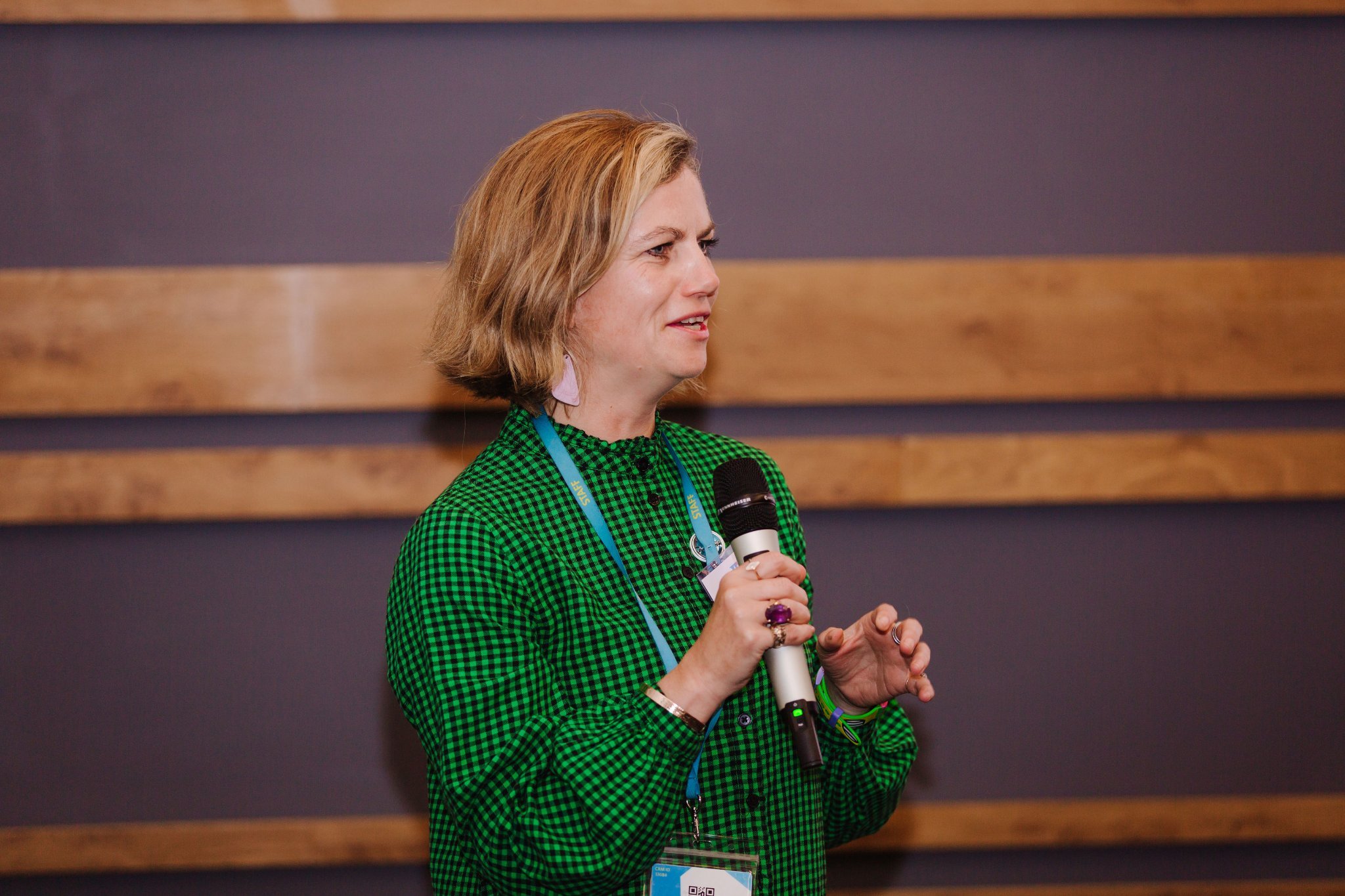UPDATE: DEADLINE FOR SUBMISSIONS EXTENDED UNTIL MARCH 13
Women in Journalism Scotland and the Joseph Rowntree Foundation have launched the inaugural WiJS x JRF bursary programme.
Five women journalists will each be awarded £1,500 to develop a project shining a light on economic and / or social inequalities around Scotland.
The project should be solutions-driven. More information on the types of projects considered can be found below.
The funding will be spent on working up each project from an idea stage to a developed pitch ready to be taken to a publication or launched independently.
Part of the bursary programme involves working with an established woman journalist who will support successful applicants. This could be by helping to develop news lines, devising a list of target publications and advising on research techniques. The journalist mentor will be paid for two days of their time. Applicants should suggest a mentor they want to work with.
The funding will support successful applicants over the course of 2023. We expect all projects to be launched by December.
Gabriella Bennett, chair of Women in Journalism Scotland, said: “This is an essential opportunity to eliminate financial hurdles that would usually stop women journalists from working on long-form journalism. It’s also a great chance for publications to find new voices and dazzling pitches.”
Chris Birt, associate director for Scotland at the Joseph Rowntree Foundation added: “The Covid-19 pandemic and the current cost of living crisis must surely convince us that we can do better than this. Poverty, and the inequality that underpins it, is bearing its teeth in a way that cannot be tolerated in a society as wealthy as Scotland.
“This exciting project’s aim is to shine a light on both the causes and cures for poverty and inequality and to help support more women journalists to use their experience and skill, with support from their peers and us, to do so.”
PROJECTS CONSIDERED
We expect proposed projects to be reasonably developed with some initial research already undertaken. We welcome ideas for:
Investigations
Long-form features
Documentaries
Radio productions
Podcast series
Travel writing or interview series
Non-fiction book proposals
WHAT YOU GET
£1,500 to develop a journalism project to pitch stage
A journalist mentor to help each project reach its potential
Two check-in meetings with Women in Journalism Scotland to provide extra guidance
Support from experts at the Joseph Rowntree Foundation
WHO IS ELIGIBLE TO APPLY
This opportunity is suited to early to mid-career freelance women journalists. Applicants should have a number of bylines under their belt and be confident of being able to get their project published. We define mid-career journalists as anyone who still believes they have room to grow in their career.
Women journalists in staff jobs can also apply but there must be no contractual barrier to you pitching your project to a wide range of publications (a supporting statement from your employer may be required).
Applicants must have experienced economic inequality at some stage in their lives. This includes, but is not limited to:
In childhood
A family member in receipt of benefits
Family members employed in low-paid work
Family members who were unable to work due to disability or long-term illness (whether physical or mental ill-health)
Having experience of the care system
In adulthood
Receiving Universal Credit or another equivalent means-tested benefit
Experiencing housing or food insecurity
Experiencing economic and / or social inequalities during their child’s early years and/or after returning to work from maternity or adoption leave
Experiencing financial hardship while suffering discrimination in whatever setting (whether work, education or provision of services), including due to race.
Experiencing financial hardship while in a caring role
Experiencing financial hardship while recovering from illness, chronic health condition, or being disabled.
If you’d like to apply but are unsure whether you’re eligible, please email wijscotland@gmail.com for advice
The bursary programme is not open to students.
WHAT CAN THE £1,500 BE SPENT ON?
The funding will most likely be used as a wage to live from while researching your project. However, it can also be spent on travelling expenses or accessing archive material, for example.
We envisage the bursary being delivered in three instalments throughout 2023.
WHO ARE THE JUDGES?
Shelley Jofre, head of investigations, BBC Scotland
Heather Dewar, sports writer, Scottish Daily Mail and Journalist of the Year 2022
Gabriella Bennett, chair, Women in Journalism Scotland
Arusa Qureshi, freelance journalist and editor
Husna Mortuza, associate director of public engagement, Joseph Rowntree Foundation
Judith Duffy, chief political reporter, Sunday National
Rhiannon J Davies, founding editor of Greater Govanhill magazine
Jan Patience, arts columnist, the Sunday Post
Catriona Stewart, writer-at-large, The Herald
WHEN IS THE DEADLINE AND WHEN WILL RECIPIENTS HEAR BACK?
The deadline has been extended and is now March 13.
HOW TO APPLY
Applications should include three elements.
1. A one-page journalism CV (pdf)
2. A one-page pitch outlining and selling the project (pdf). This must include:
What the project is and what research you have done so far
How you will approach your project
How long your project will take to complete
What is your project’s hook / news line
What publications you’ll pitch to
Why the project is vital, and why now
What new light the project shines on its topic
Who you would like to mentor you (they must be based in Scotland and be working in the same area as your project)
Why you are eligible
3. If you are submitting a broadcast / radio / podcast proposal, please send a one minute YouTube video of yourself selling your project.
Terms and conditions
Entrants must be a member of Women in Journalism Scotland
Applications should be emailed to wijscotland@gmail.com Please also include your name, address, email address and telephone number in the body of the email.
Recipients will sign a conditions of grant document







